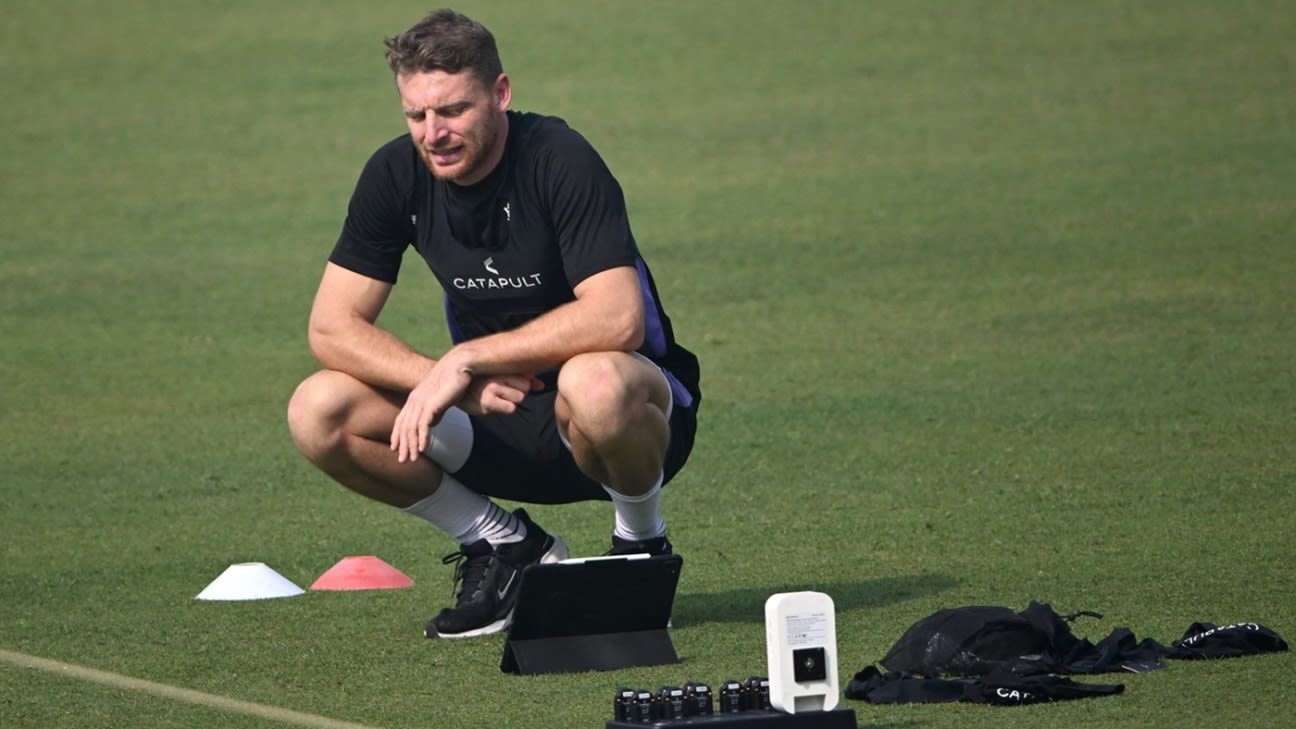The contest, set for Lahore on February 26, has come under sustained political scrutiny in the past few weeks, following a letter from Labour MP Tonia Antoniazzi to Richard Gould, the ECB chief executive, which called out the “insidious dystopia” and “sex apartheid” facing 14 million women in Afghanistan under the ruling Taliban regime.
In her letter, which was signed by more than 160 British politicians, Antoniazzi urged England’s men’s team to “speak out against the horrific treatment of women and girls in Afghanistan under the Taliban”, where female participation in sport has effectively been banned since 2021. She added that a boycott would “send a clear signal that such grotesque abuses will not be tolerated”.
Speaking in Kolkata ahead of the first T20I against India, Buttler insisted he and his team would be led by the “experts”, but was optimistic that the match would go ahead as planned.
“Political situations like this, as a player you’re trying to be as informed as you can be,” Buttler said. “The experts know a lot more about it, so I’ve been trying to stay in dialogue with Rob Key [ECB men’s managing director] and the guys above to see how they see it. I don’t think a boycott is the way to go about it.”
Buttler, however, was confident that no such individual pressure would be brought to bear this time.
“The players haven’t really worried too much about it,” he said. “These things, you’re trying to educate yourself and read up on these things. There’s been some good stuff written about it that I’ve tapped into and I’ve spoken to quite a few people to try and gather expert opinion.
“I’m led by those experts on situations like this, but as a player, you don’t want political situations to affect sport. We hope to go to the Champions Trophy and play that game and have a really good tournament.”
